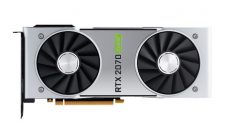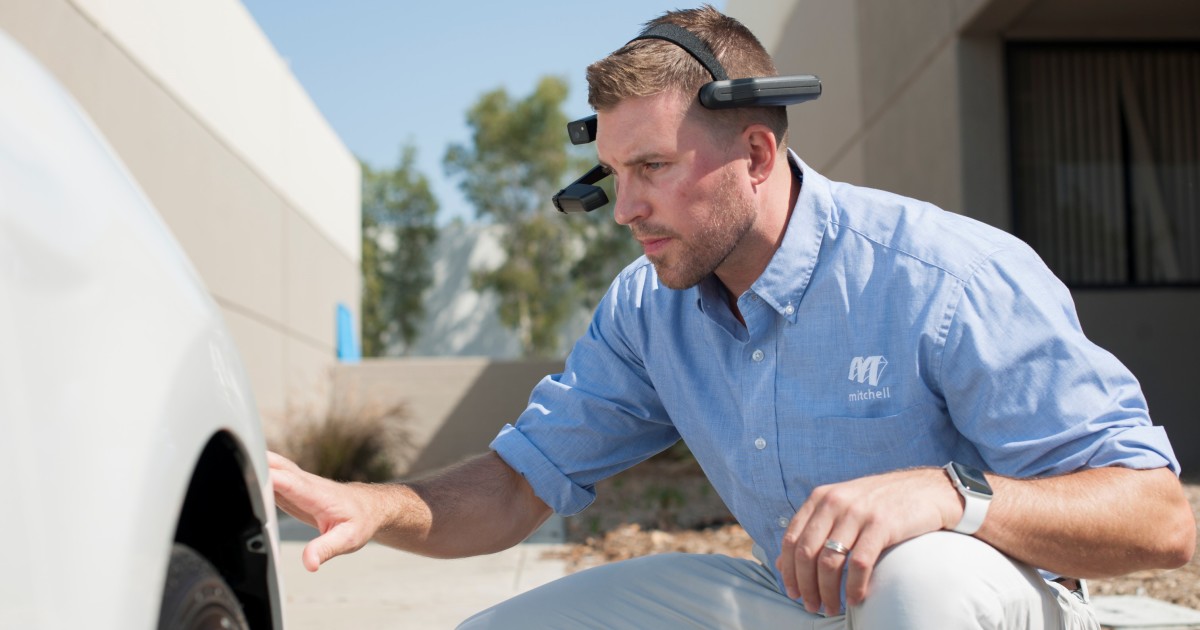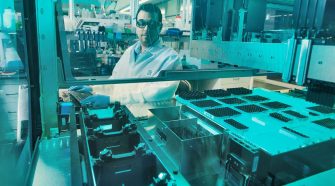Virtual and augmented reality today are probably best known through products such as the Oculus VR gaming headsets or Google Glass smart-glasses, which have been discontinued for consumers.
But these technologies — and the mash-up of them known as extended reality — have been quietly gaining traction with businesses to boost productivity.
The latest example comes from San Diego’s Mitchell International. It is introducing a hands-free, voice-activated headset that it claims is the first of its kind for the auto collision repair industry.
The wearable device, made by RealWear and based on Qualcomm’s Snapdragon extended reality silicon platform, aims to digitize customer check-in and help repair technicians deal with the increasing complexity involved in fixing modern cars.
“With our Snapdragon technology paired with Mitchell’s expertise in automotive repair, we are excited to help transform the way collision repairers work — by helping them improve productivity, meet customer expectations and address the challenges of today’s complex automobiles,” said Brian Vogelsang, a senior director of product management for Qualcomm.
When a customer arrives at a repair shop, Mitchell’s Intelligent Vision headset replaces clipboards and paper with digital cameras and software that automatically load data from pictures of a customer’s driver’s license, insurance card and vehicle identification number.
During a pilot of the technology last year, the average check-in time fell from 22 minutes to eight minutes, said Jack Rosint, senior vice president of repair sales at Mitchell.
“Rather than you sitting there filling out tons of paper and somebody re-keying it, we actually get all that into the system digitally and much more accurately,” he said.
In addition, Mitchell Intelligent Vision allows technicians to view the manufacturer’s repair instructions in real time and hands free as they are doing the work, without having to stop and read procedures on a nearby computer or a paper manual.
“Now all they do is say, ‘turn the page and zoom in,’ and boom, it is right there in front of them,” said Rosint.
Mitchell International’s new headset helps repair technicians deal with increasingly complex technologies in cars.
Mitchell, a 75-year-old firm that supplies software to the auto repair and insurance industries, isn’t the first to bring smart glasses to the auto industry. Certain car makers have used them to improve workflow as vehicles have become more complex.
That complexity spills over into collision repair, too, said Rosint.
“Fifteen years ago if you really knew how to fix cars that were collision-damaged, you could apply the same skills and techniques to every car that rolled up in front of you,” he said. “Today, one car has a lane departure system using cameras, another has lane departure using LIDAR and radar. One has sensors in the side view mirrors, another has the sensors hidden under the bumper cover. All of these vehicles now are different.”
Mitchell announced the Intelligent Vision system at its annual customer conference this week. It expects to begin shipping the headsets before the end of the year.
They cost roughly $2,000 for the headset, plus a software license. But Rosint believes the technology will be adopted by auto repair customers based on the feedback from last year’s proof of concept testing.
“The pilots blew us away,” he said. “We thought we were going to get people saying, ‘Yeah, this is cool, but it’s expensive and my process today works pretty good.’ But we got rave reviews.”

















